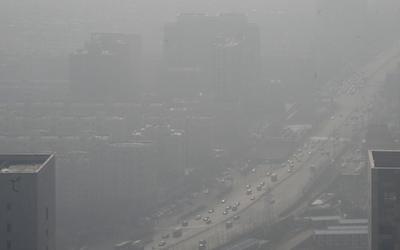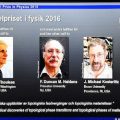PTE考生目前最大的问题之一就是练习题缺乏。除了有限的基本官方书(PLUS,Testbuilder, OG)之外就没有题了。很多英语基础不是很扎实的同学很难找到练习材料。悉尼文波雅思PTE培训学校专门为澳洲,尤其是悉尼、墨尔本的PTE考生准备了适合PTE听力阅读练习的科学60秒。各位PTE同学可以练习PTE听力中的summarise spoken text和PTE口语中的retell lecture,练习记笔记技巧和复述。
听力内容:
60秒科学节目(SSS)是科学美国人网站的一套广播栏目,英文名称:Scientific American – 60 Second Science,节目内容以科学报道为主,节目仅一分钟的时间,主要对当今的科学技术新发展作以简明、通俗的介绍,对于科学的发展如何影响人们的生活环境、健康状况及科学技术,提供了大量简明易懂的阐释。
This is Scientific American — 60-Second Science. I’m Christopher Intagliata.
You may have noticed your summertime electricity bills, when you’re cranking the A–C, are more pricey than your wintertime payments. That’s because air-conditioning is an electricity hog. And when a whole city or region turns down the thermostat, utilities have to meet that increased demand somehow.
“This is often when we turn on the oldest power plants or the dirtier
power plants.” Tracey Holloway, an atmospheric scientist at the University of Wisconsin in Madison. “Some of these older power plants that only run on fuel oil or run on coal only run
on the hottest days.”
Using data from the EPA, Holloway and her team studied how air pollutants
respond when the temperature goes up. They found that across the eastern U.S., for every
degree Celsius temperature rise, power plants belched out 140,000 metric tons of
additional carbon dioxide. And emissions of the pollutants sulfur dioxide
and nitrogen oxides rose three and a half percent per extra degree of heat, averaged across the region.
That’s especially bad, because hot summer days are the worst days
to pump out more pollution. “These hot days, when we turn on the air conditioning across the U.S.
or the state also happen to be the most chemically reactive days. Every unit of air pollution
going into the air is that much more likely to form ozone.” And ozone itself is a potent
air pollutant. The study is in the journal Environmental Science and Technology.
Holloway says the answer to this summertime pollution peak may be
an energy source that thrives on hot, sunny days. “If we could be getting solar electricity during this peak time it may offset this hot weather midday peak and be a great solution for
avoiding having to turn on those peaking power plants.” In other words: why not use the sun,
to keep cool.
Thanks for listening for Scientific American — 60-Second Science Science. I’m Christopher Intagliata.
墨尔本悉尼霍巴特文波PTE原创首发
更多精彩请持续关注微信wenbo_tv3。





